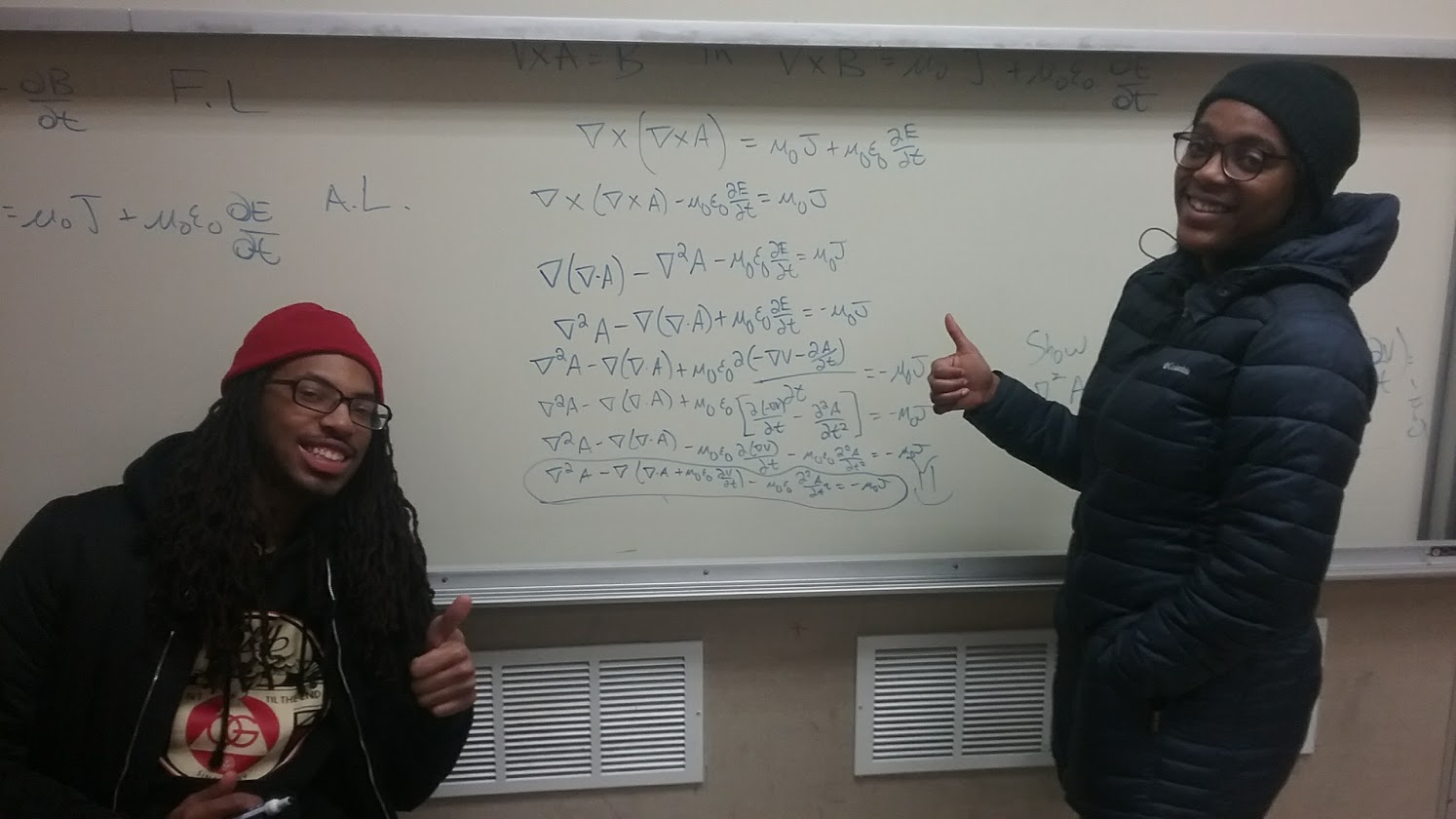Academic Survival Tips
Visit the Department Offices: SCI 309 and HWH 200A
Peer Mentoring & Support
Tutoring in Chemistry, Physics, and Engineering courses is conducted by Learning Assistants and the CSU Learning Assistant Center (LAC). For more information on the Learning Assistant Center, Click Here to view walk in hours, etc. please visit their page.
Should you attend office hours? Yes! You should. Click here to check out the video to learn why.

You may have found time to glide through high school into college, but I can guarantee if you do not master time management, you will glide back out of college prior to completing your goal! The pace is quick, the expectations are high, and the time requirements can consume you.
- DECIDE WHAT IS IMPORTANT: the first step to managing your time should be prioritizing what is important. There are effective ways to gain more control over your time, which are more effective than doing nothing.
- TAKE TIME TO PLAN: effective time management will reward you in some tangible way. Although you may find it difficult to keep yourself motivated, basic time management skills must become a “habit,” something you do without thinking, no matter what happens.
- SHORT TERM BENEFITS OF AN EFFECTIVE TIME MANAGEMENT SYSTEM: Helps you:
- put first things first – make sure important things get done first.
- Helps you avoid time traps – unplanned events (the fires you can put out before you can study).
- Helps you anticipate opportunities – make the time you spend studying more productive.
- Gives you freedom and control – control over a part of your day, allows you flexibility later.
- Helps you avoid time conflicts – helps you keep important tasks in order.
- Helps you evaluate your progress – let you know where you are and how you are doing.
- Helps you avoid feeling guilty – when studying is done you can enjoy your free time.
- Helps you see the “big picture” – provides you with a bird’s eye view of the semester.
- Helps you see the “bigger picture” – allow you to plot a long-range course of action.
- Helps you learn how study smarter, not harder – a key part in time management is learning how to prioritize task, so that you become more organized, more focused, and more effective.
- Long Range Benefits of Time Management:
- Learning time management skills now will help you prepare for the future.
- Learning how to manage your time will develop habits and skills you can use in your career, beyond school.
Time management is not a magical wand that can be used to wave our problems away. However, these techniques are fools that can be used to help you reach your short term and long term goals successfully. After all, you can be a successful student if you are willing to make an effort to learn and apply these principles on a regular basis.


 All Rights Reserved
All Rights Reserved